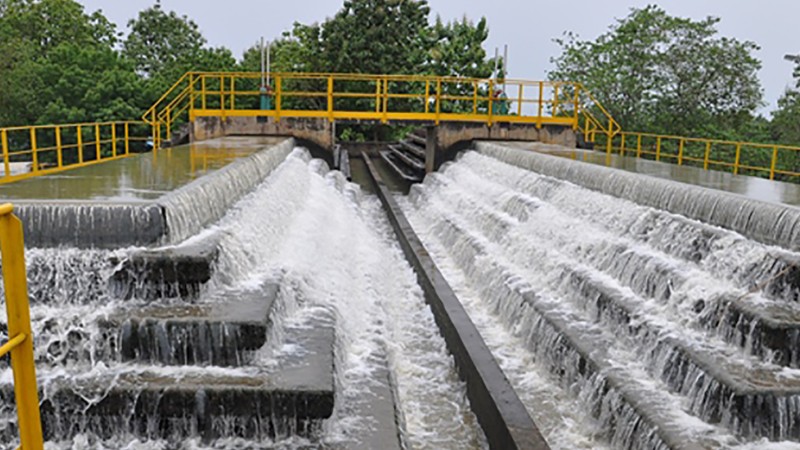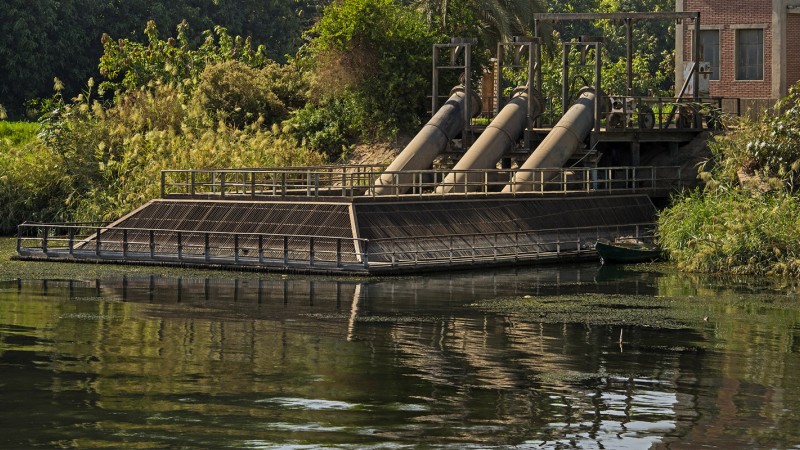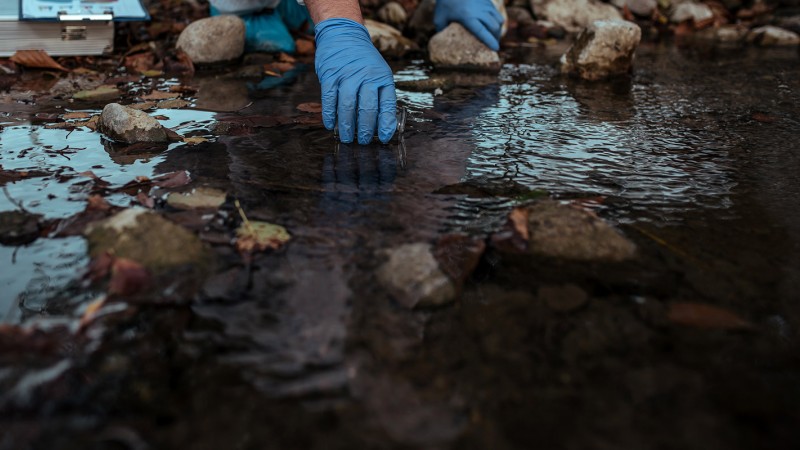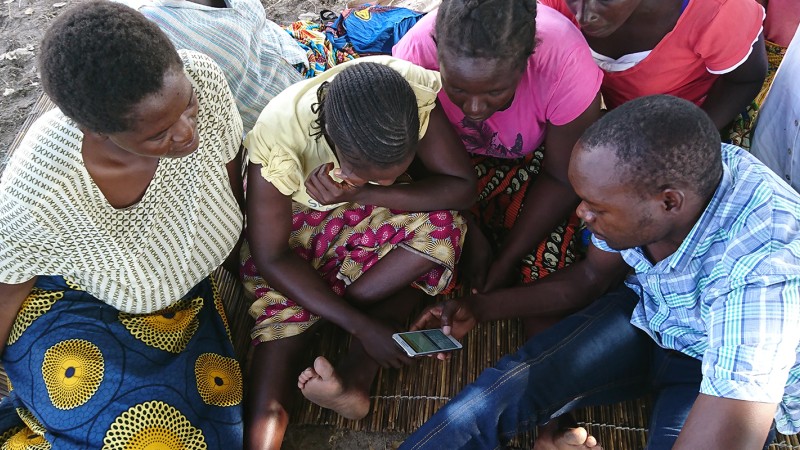Need to increase the reuse of treated water

Water utilities need to increase the reuse of treated water and find ways to deal with sludge, to reduce demand for freshwater and the release of poorly treated or untreated water in water bodies that ...
Use of non-conventional water sources

Water utilities need to use non-conventional water sources and reduce water wasting to meet the demand ...
Re-use of wastewater

Civil society organisations need to promote water conservation practices and the re-use of wastewater to reduce water demand ...
Find ways to deal with sludge

Water utilities need to increase the reuse of treated water and find ways to deal with sludge, to reduce demand for freshwater and the release of poorly treated or untreated water in water bodies that ...
Assess water quality to help prevent waterborne diseases

Civil society organisations need to assess water quality to help prevent waterborne diseases ...
Control of waterborne diseases

Academia and research organisations need to undertake research on the control of water-borne diseases to protect the health of the population ...
Control insect breeding

River basin organisations need to control insect breeding and waterborne diseases to protect the health of the population ...
Reduce the occurrence of insects

Water utilities need to meet quality standards for drinking water, and spread hygiene practices among the population, to reduce the occurrence of insect and waterborne diseases and to protect the ...
Engage the youth and other community members

Civil society organisations need to engage the youth and other community members to increase people's capacity to manage water resources and help design strategies for climate change adaptation ...
Work with communities to increase local involvement

Civil society organisations need to work with communities to balance conservation objectives and community interests in order to increase local involvement in the implementation of initiatives to ...
Train volunteers and communities in practices

Civil society organisations need to train volunteers and communities in practices for improved water management as well as sanitation and hygiene to reduce the spread of diseases ...
Increase the knowledge base of the population on water and climate change

Academia and research organisations need to increase the knowledge base of the population on water and climate change issues to empower people to participate in water management ...
Spread hygiene practices among the population

Water utility need to meet quality standards for drinking water and spread hygiene practices among the population, to reduce the occurrence of insect and waterborne diseases and to protect the health ...
Increase the knowledge of the population about how unsanitary conditions at household or community level

Water utilities need to increase the knowledge of the population about how unsanitary conditions at household or community level deteriorate the quality of potable water and contribute to the spread ...
Promote water, sanitation and hygiene practices by communities

Civil society organisations need to promote water, sanitation and hygiene practices by communities to reduce the incidence of waterborne diseases ...
Train farmers

River basin organisations need to train farmers to maximize the use of water for irrigation for increased agricultural production given the uncertainty of future water availability ...
Run campaigns and training to help increase the knowledge of the population and the public and private sector on the effects that climate change

River basin organisations need to run campaigns and training to help increase the knowledge of the population and the public and private sector on the effects that climate change will have on water ...
More participation of stakeholders and citizens

River basin organisations need more participation of stakeholders and citizens in actions aimed to protect ecosystems and water resources and to reduce greenhouse gas emissions ...
Needs
Is your specific need not included in the Hub? Then get in touch with us at afrialliance@un-ihe.org